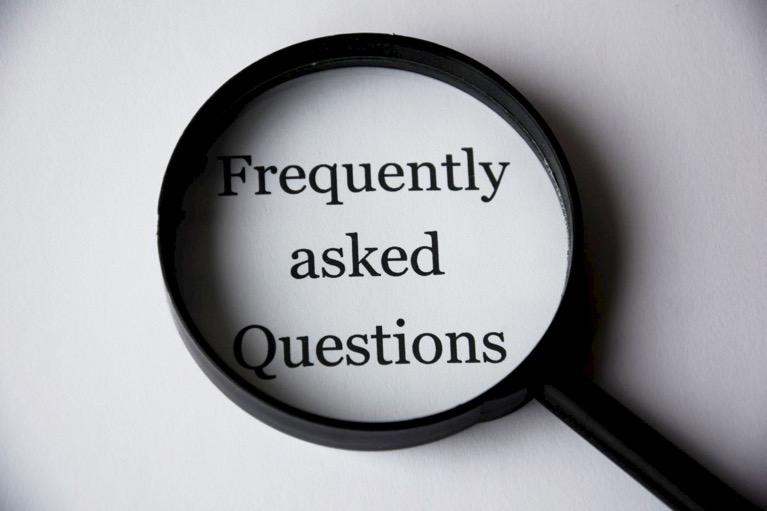Setting up a hosting and support arrangement for your charity’s website

How to improve the way your site is hosted and supported.
If you are seeking a new digital partner for your charity's website, or are looking to improve the way your site is hosted and supported, the following guidance should help.
Hosting
Keep your DNS management but outsource your physical hosting. In other words, it’s important that you control the registration of your domain or web address. This will mean you can point your website somewhere else should you need to. We’ve occasionally seen situations where organisations did not understand how their DNS was configured or weren’t clear about ownership. It’s absolutely vital that you own your domain and have access to the registration service (eg 123 Reg, GoDaddy etc).
In terms of the physical hosting, medium-sized charities might want to consider ring-fencing their sites on a separate server. Where performance and security are really key, having your own dynamic and secure space can be vital. That said, this will increase your costs considerably. For many small-to-medium charities, shared hosting space should not be something you should be concerned about, if you have confidence in the technical hosting capabilities of your digital partners. Doubts might arise though if the hosting is extremely cheap and there’s no clearly stated policy for server and software patching. Most CMSs like Drupal or WordPress release security patches very regularly (often weekly) and the servers themselves (usually based on Linux) are also regularly patched to keep them secure.
Finally, do make sure your partner clarifies their policy on back-ups. You should have nightly back-ups of your site (sometimes more if your site is particularly active and is storing a lot of dynamic data) and be aware of the policy on data retention, and compliance with EU & UK data legislation.
Support
Clarify the support hours and/or the number of tickets you are paying for each month. This area should be really clear with no room for doubt. Your agency should be able to provide you with a relevant level of support which you may wish to review and alter as you gain familiarity with your website. Support requests tend to decline sharply after a couple of months for a new site so you should be able to negotiate a service that meets your specific needs. The size and complexity of websites, along with the size of Comms teams will also vary, so there’s no simple rule of thumb. However, a useful metric might be for 2 hours of support for small sites with just one to two content editors. This should translate to four tickets and if your website is easy-to-manage this should be about right. Larger sites (or bigger teams) will obviously require more.
It’s sometimes well-worth considering buying hours in advance so these can be used for site improvements, as well as just answering questions or fixing small issues. In this way, you’ll get guaranteed availability and can be secure in the knowledge that your site will meet changing objectives quickly. This approach is also useful for setting and managing yearly budgets. Some digital agencies may offer discounts for hours bought in advance in this way.
Conclusion
There’s no one-size-fits-all for hosting and support but it’s well worth reviewing your current support and hosting arrangements and making sure that you’re aware of your domain access and are clear on your contractual arrangements. If they’re available, you might want to review your support usage over the past year (hours should be recorded) and see if you are either not using your allocation (in which case you may be able to ask for a reduction under your next contract) or if you are often going over your allocation, you may be paying a premium for extra hours or waiting too long for urgent fixes. Your digital partner will probably be happy to review as planned use of time is in the interest of both parties.
